Latest Blogs
Electric Personal Assistive Mobility Device: Mobility Scooters vs. Electric Wheelchairs
Date: Sep 13, 2021 | Read Time: 5 min


It can be challenging for some disabled people to find the best electric personal assistive mobility device since there are many choices of equipment that will help them achieve independent mobility. Having the right equipment for the right person and the right disability is crucial since it depends solely on the individual’s needs.
This article will compare two electric personal assistive mobility devices, mobility scooters and electric wheelchairs. We will also compare the advantages and disadvantages of each mobility equipment to help you choose the best device for you.
What are Electric Personal Assistive Mobility Devices?
Electric personal assistive mobility devices are electric-assisted devices, such as mobility scooters and electric wheelchairs, designed to help achieve independent mobility. These devices help make day-to-day tasks easier for someone immobile, like those with neurological diseases.
Mobility Scooters
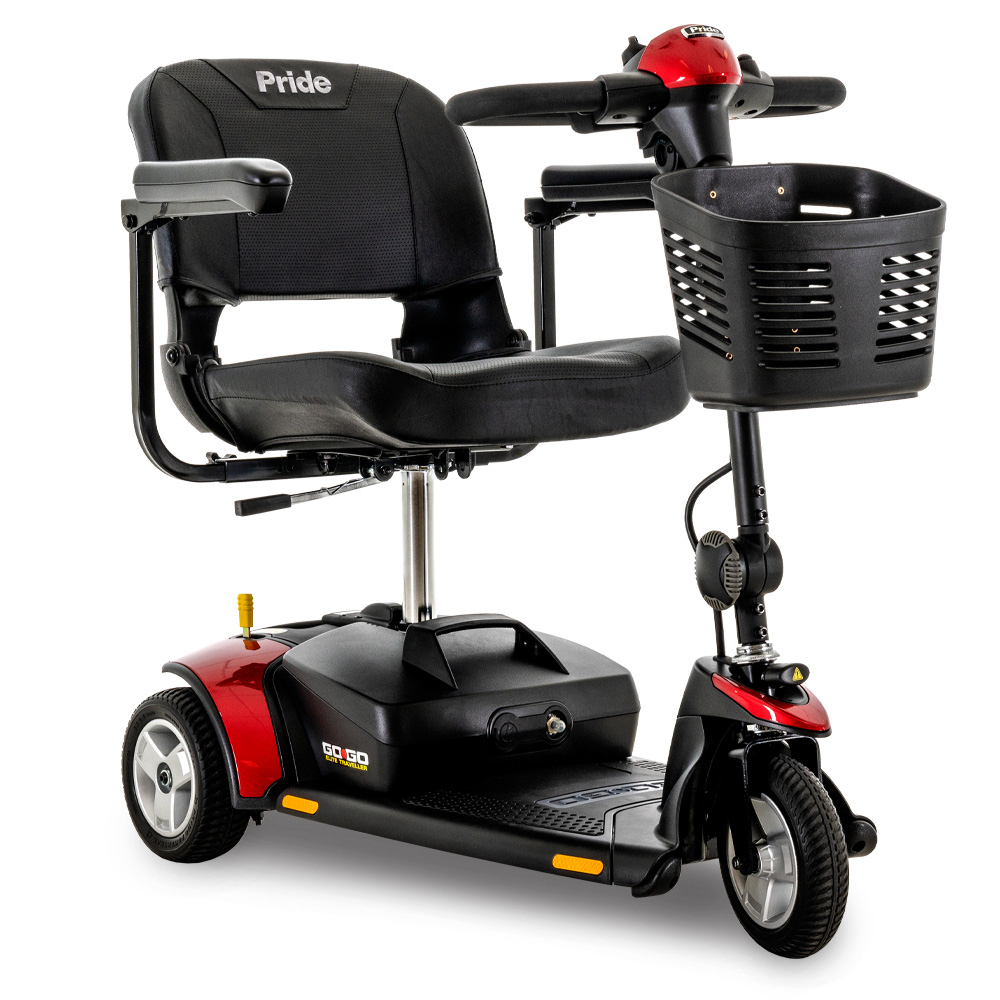
Pride Mobility
A mobility scooter is an assistive technology configured like a motor-scooter, also known as a power-operated vehicle or electric scooter. A mobility scooter includes a seat with three, four, or five wheels, foot plates, and handlebars in front to turn the wheels.
Advantages
-
Easy to Transport
Most models quickly and easily disassemble into four or five pieces for transport and storage in an owner’s vehicle, so users can take it with them. This device is dual purpose because it can be easily used inside or outside of the home.
-
Doesn’t Look Like a Medical Equipment
Many people do not think that mobility scooters look like medical devices as they look more fun. Some scooter users don’t feel like people look at them the same way they do as people in electric wheelchairs.
-
Inexpensive to Purchase
Scooters are not as costly compared to other electronic personal assistive mobility devices. Patients will usually purchase a scooter on their own and need not bother with insurance since the paperwork for these can be difficult, especially for Medicare. But if you opt to pursue insurance, DMR can help you navigate the process. You may contact one of our customer service representatives by clicking here.
Disadvantages
-
Can Be Difficult and Risky to Ride
Users need to step up onto the base while navigating around the handlebars to get on a mobility scooter. High risk is present from falling off a scooter, especially for patients with fragile legs and balance difficulties.
-
Requires a lot of Room to Turn Around
Mobility scooters have a high turning radius, thus, requiring a lot of room to turn around. This isn’t ideal indoors since this device turns a lot like a bicycle. The turning radius of mobility scooters is high because of the spacing between the wheels and the tiller thus, the need for a wide swing to make a complete circle.
-
Not Much Trunk Support
Most mobility scooter seats are designed to be “one-size-fits-all” and are not customizable. So, if a user needs a little support in the trunk to remain sitting straight, a scooter is not the best choice. However, some high-end scooters offer seat upgrades, such as van-style seats or high back seats.
Electric Wheelchairs
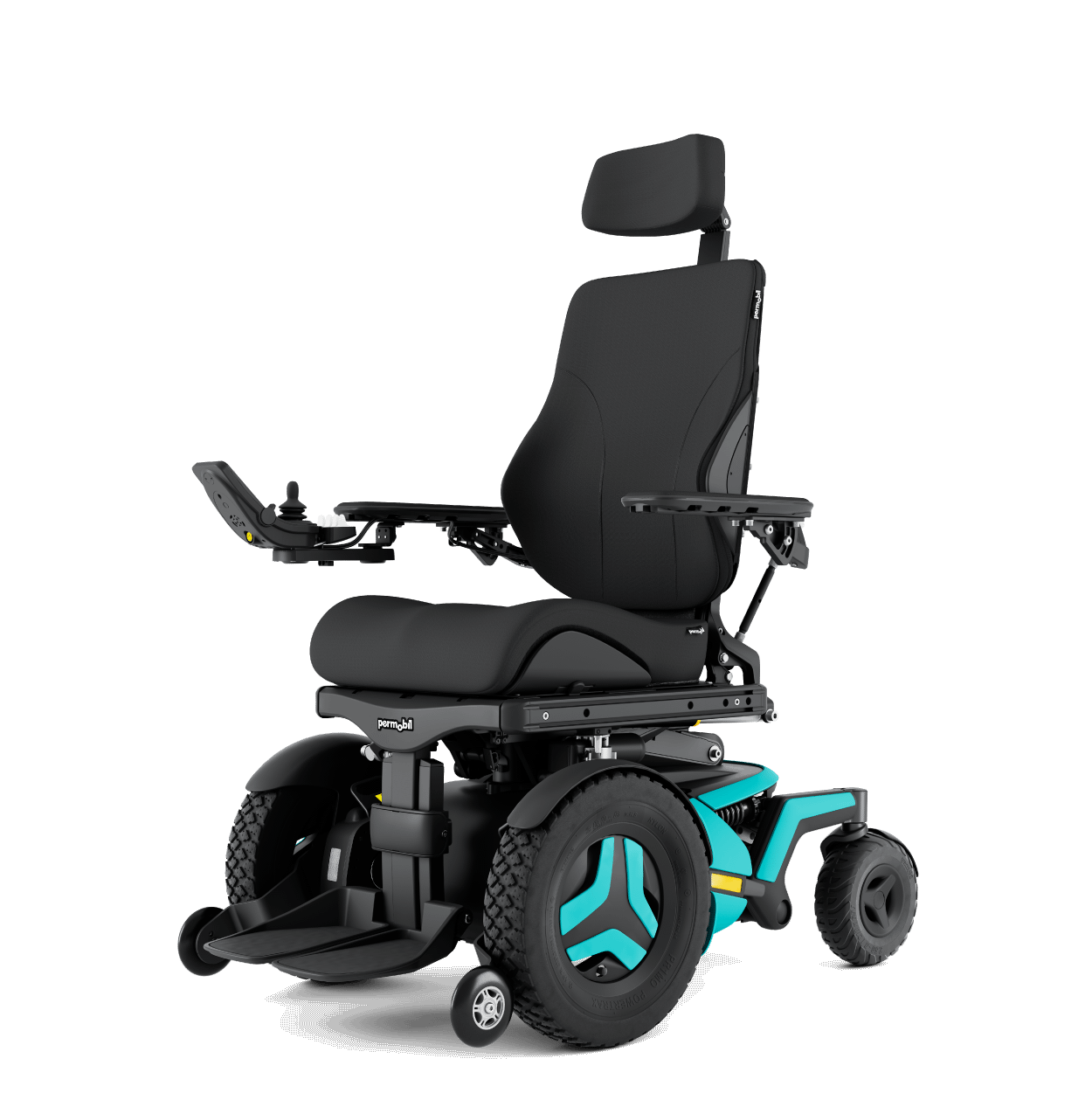
Permobil
Electric wheelchairs are available in three different types, based on the location of the drive wheels — rear-wheel, mid-wheel, and front-wheel. Many other options are available for electric wheelchairs because they are designed to accommodate a wide range of specific needs. Some electric wheelchairs are specialized or have rehabilitation seating customized to meet an individual’s needs.
Advantages
-
Quick and Easy to Maneuver
Unlike a mobility scooter, an electric wheelchair offers a smaller turning radius and better maneuverability. Users then can easily direct through small areas, such as narrow paths or indoors. This electric personal assistive mobility device makes it simpler for the patients to steer around any indoor or outdoor obstacles.
-
Movement on Difficult Terrain
An electric wheelchair is also designed for outdoor exploring to help steer in challenging terrain and inclines. This device allows users to get over hurdles with its large tires and power in the motor.
-
Height Adjustment
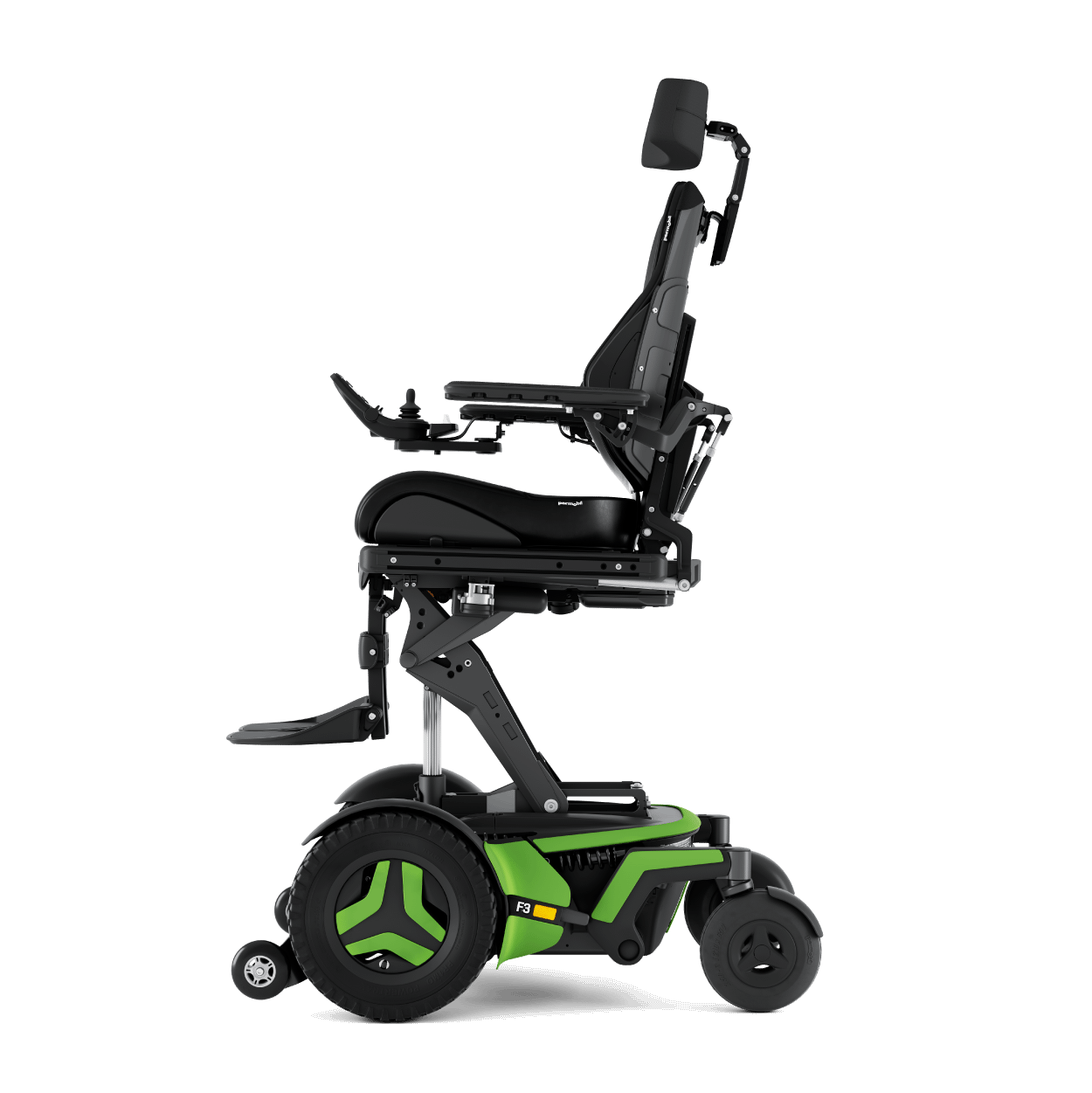
Permobil
Electric wheelchairs provide height adjustment that always allows the user to adjust the backrest and the height according to their convenience and needs, be it a higher shelf in the market or if they need to sit at a lower elevation on the dining table. This can be done with just a push of a button.
-
Superior Support
Unlike a mobility scooter, an electric wheelchair provides superior support, comfort, and security to the user’s upper and lower extremities, head, and body.
Disadvantages
-
Expensive
The cost of getting an electric wheelchair is high because of its features and design. Aside from this, repairing and maintaining an electric wheelchair is also expensive.
-
Heavy and Less Portable
An electric wheelchair is mostly large, heavy, and sometimes difficult to store in every home. Its overall weight and size make it less portable, and it may be too heavy for some lifts. However, some electric wheelchairs are lightweight and portable.
-
Difficult to Move
Although an electric wheelchair is designed for easy maneuvering, it is only easy if the patient steers it. Given that the weight of an electric wheelchair is heavy, it is more difficult to move like a manual wheelchair.
Summary
To summarize, different electric personal assistive mobility devices, such as mobility scooters and electric wheelchairs, can help you enjoy independent mobility. Depending on your needs, one or the other may be more suited for you since they have different features. Learning the advantages and disadvantages discussed above will help you determine which device is best for your needs.
We hope this blog helped you decide the best electric personal assistive mobility device for you, so you are a step closer to achieving independent mobility. To avoid complications, we still recommend consulting your physician or doctor, or you may get in touch with us to get the best mobility equipment for you.
Thank you for reading this article. If you want to learn more about electric wheelchairs and urological supplies, you can follow us on Facebook, Instagram, LinkedIn, or Twitter. If you have other inquiries or suggestions, please don’t hesitate to contact us here. We’d be happy to assist you.
Banner Image Source: Permobil & Pride Mobility
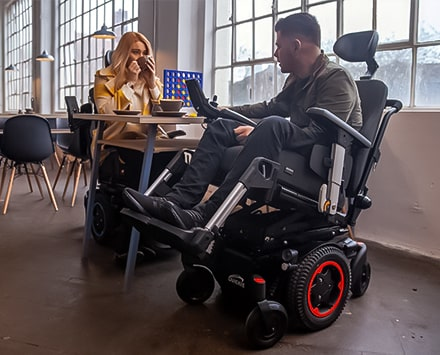
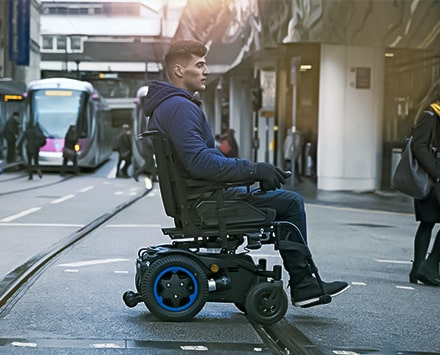
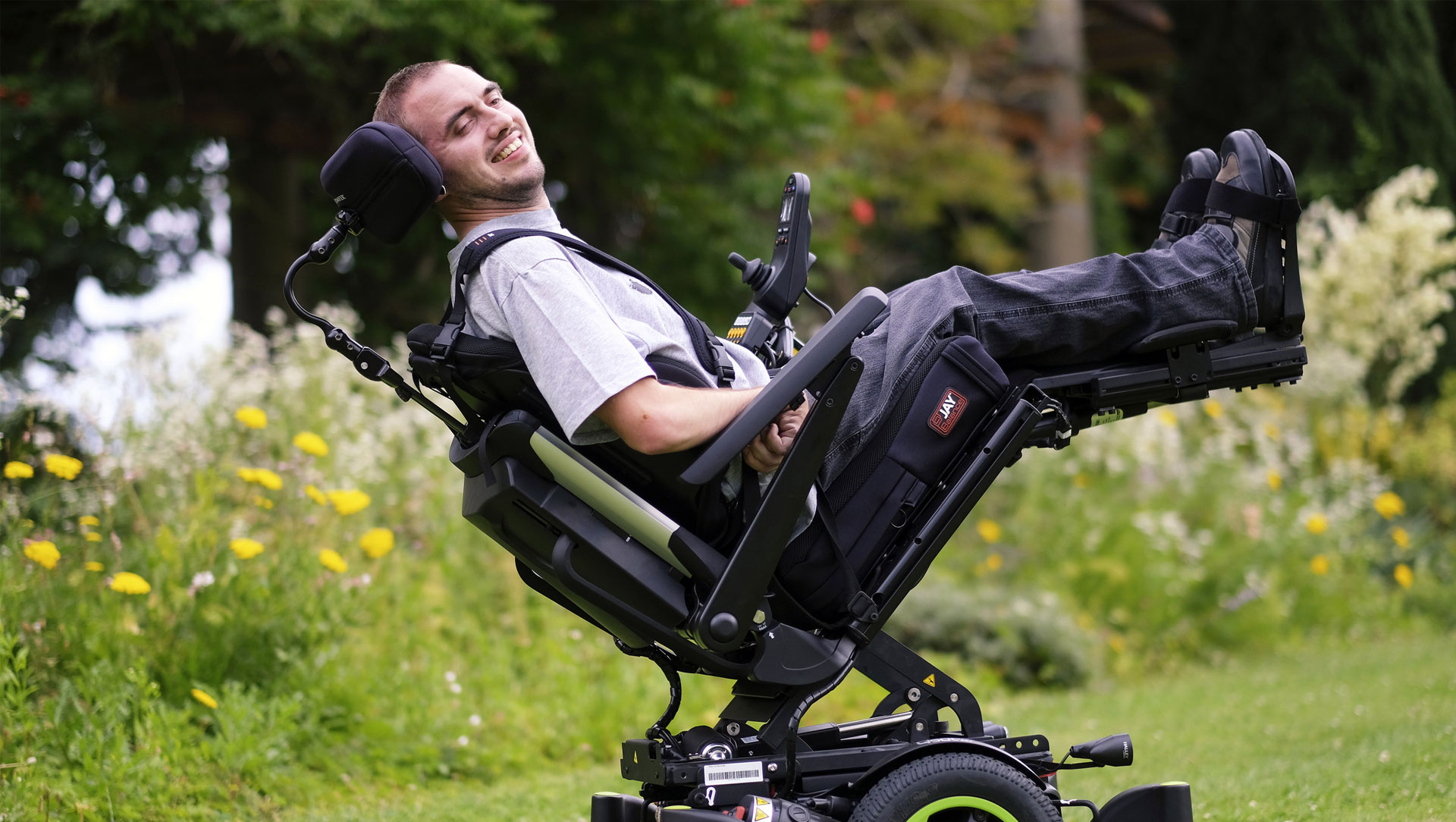
Leave a Comment